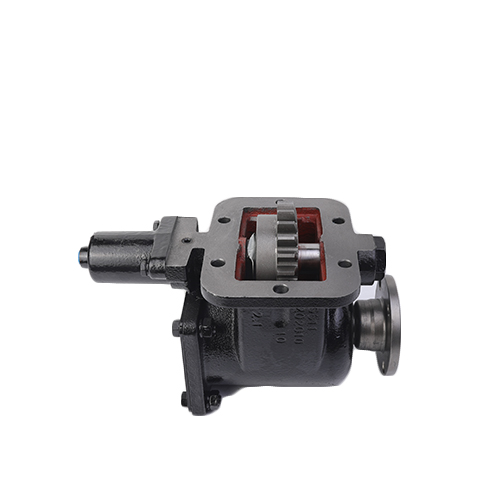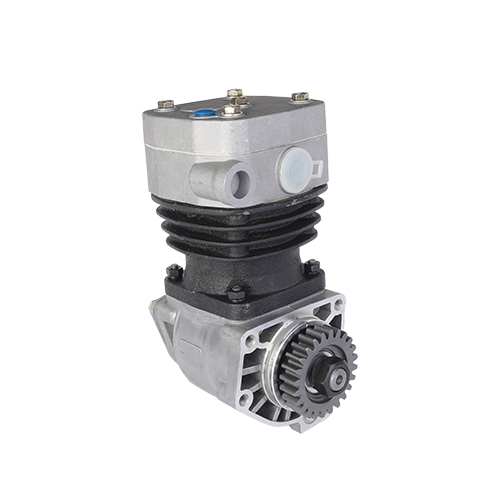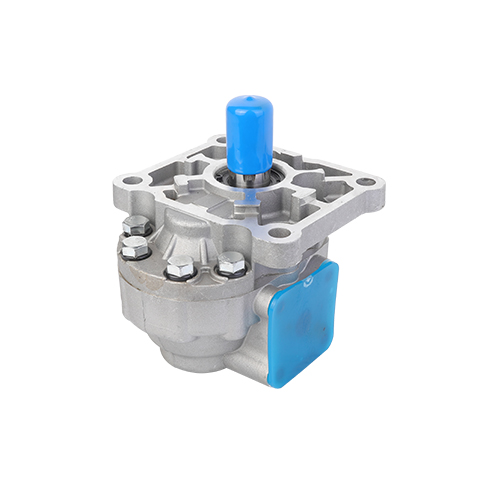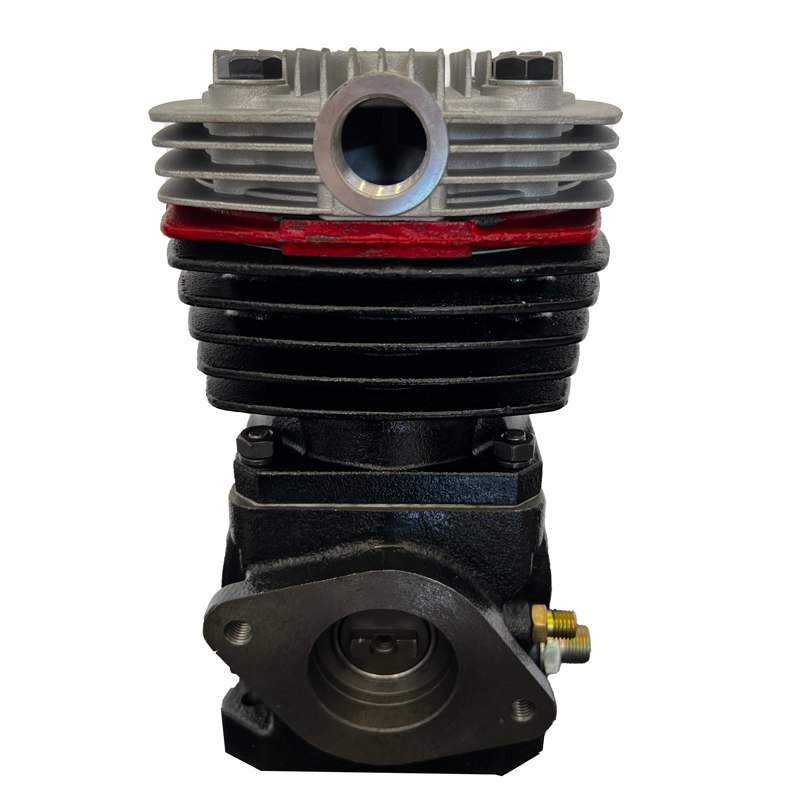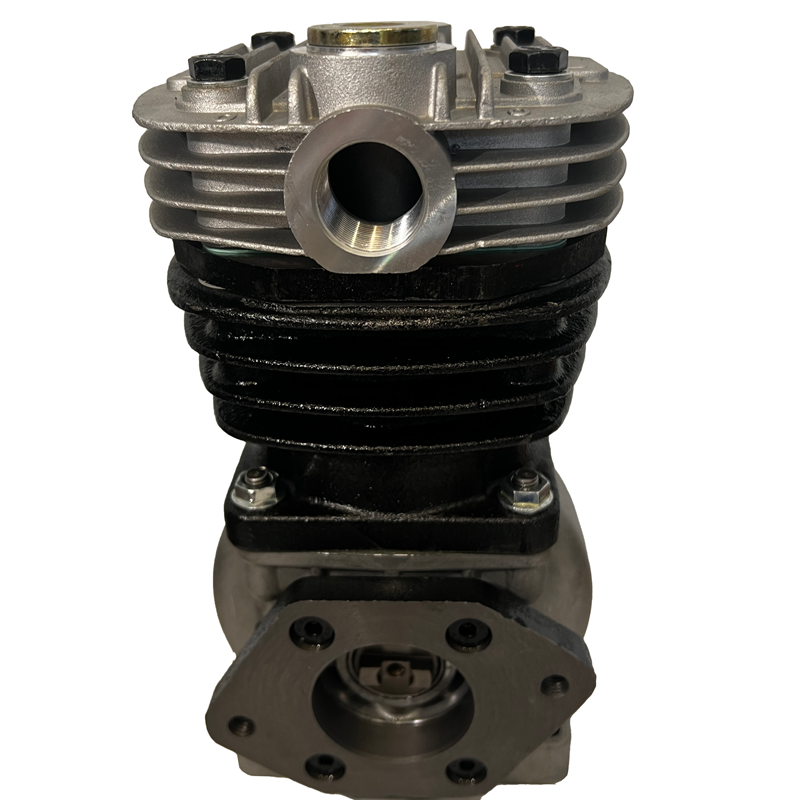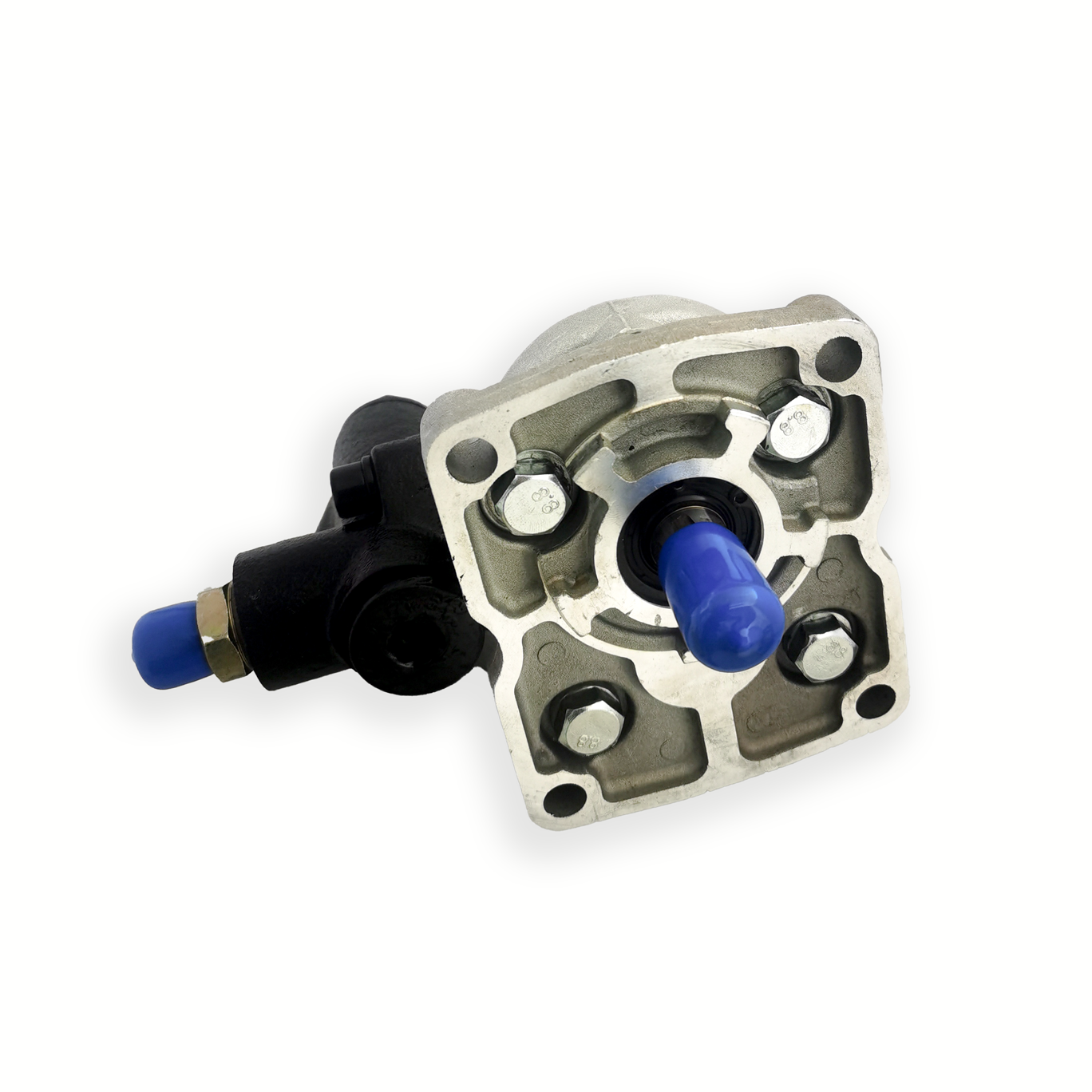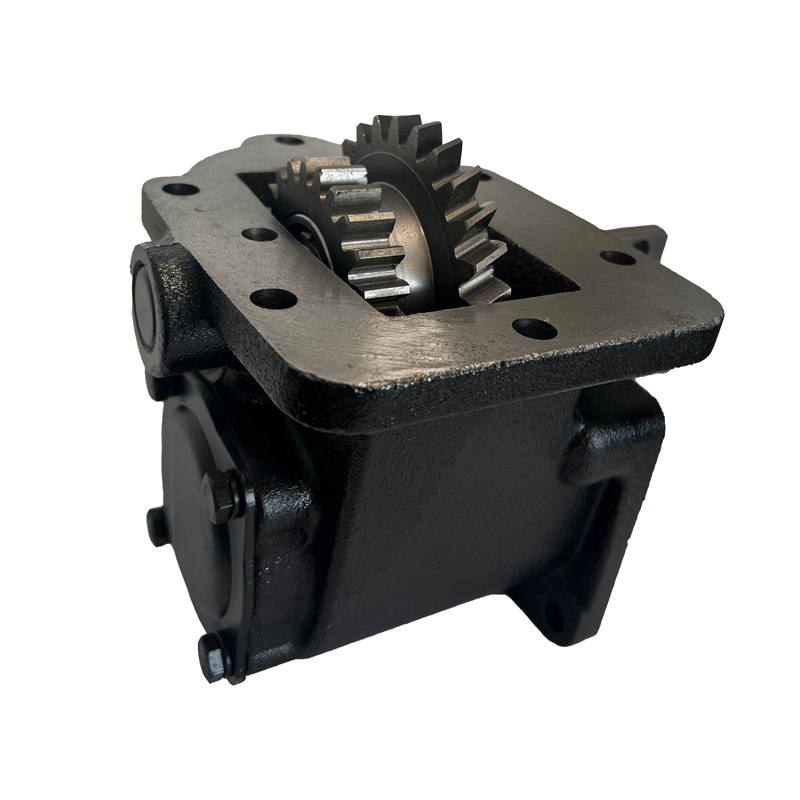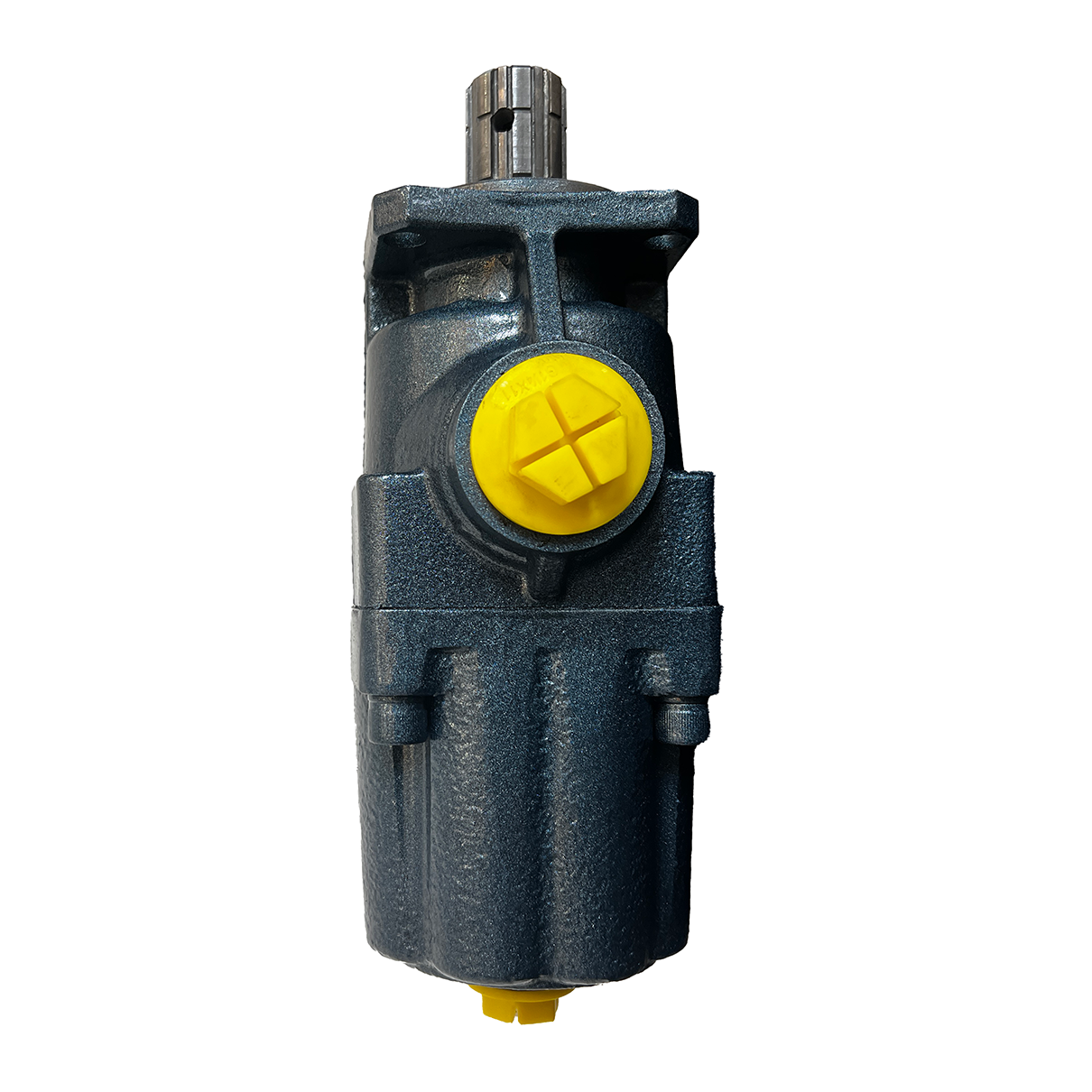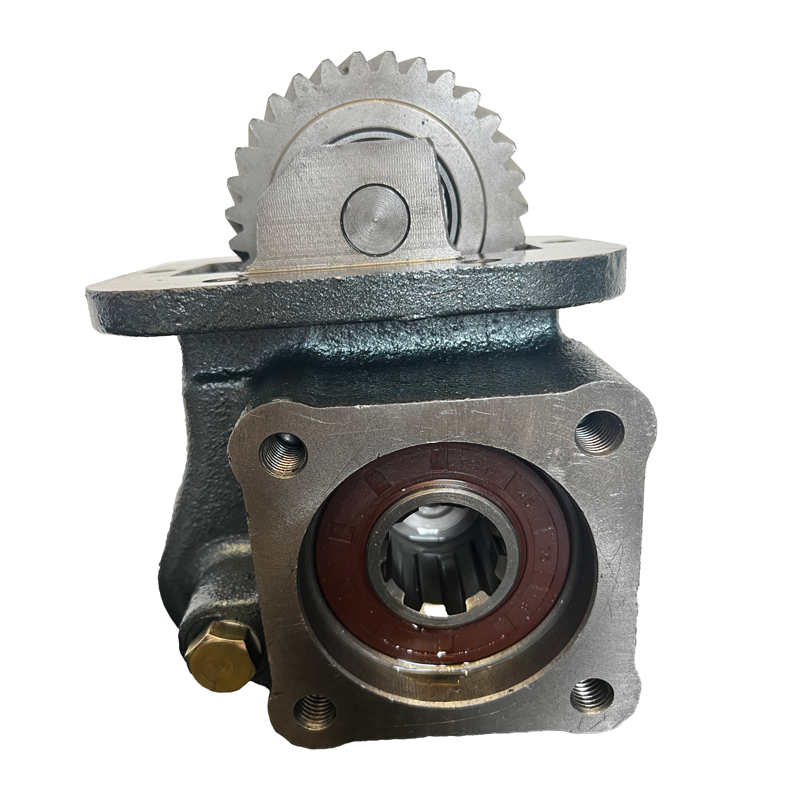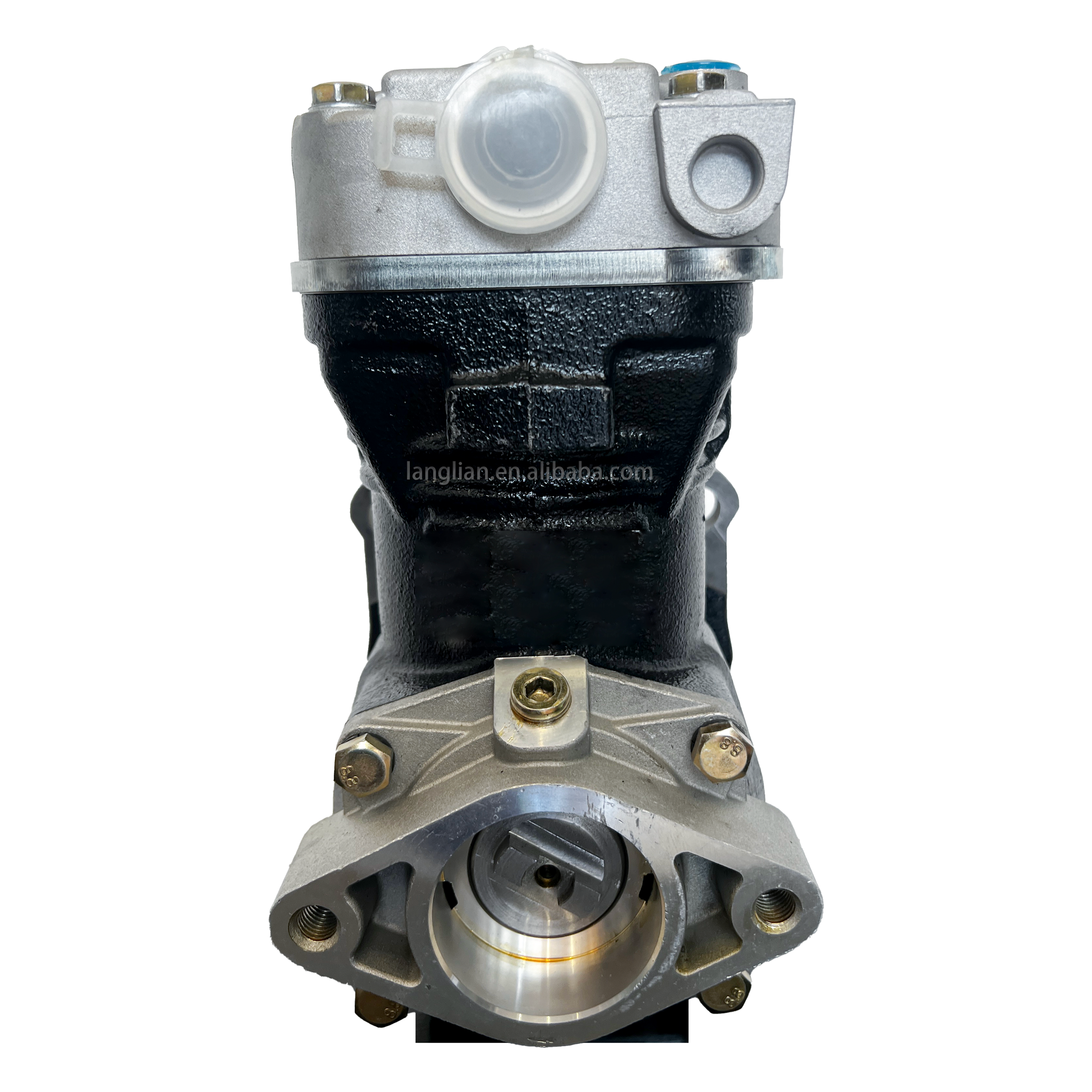1. Application Scenarios
Primarily used in light-duty commercial vehicles (such as small trucks and mini-vans) and low-power engineering machinery (like small loaders and forklifts), where braking systems rely on compressed air for operation.
Essential for vehicles operating in urban logistics, short-distance freight, and on-site construction—it continuously supplies compressed air to the brake system during driving, ensuring timely and effective braking when the driver steps on the brake pedal.
Suitable for low-to-medium load working conditions (daily load ≤ 70% of the vehicle's rated load), as it meets the air demand for frequent but not overly intensive braking in urban or suburban road environments.
2. Key Features
Compact structure: With a single-cylinder design, it occupies small installation space, making it easy to fit in the limited engine compartment of light vehicles without conflicting with other components (e.g., generators, water pumps).
Cost-effectiveness: Fewer moving parts (compared to multi-cylinder models) reduce manufacturing and maintenance costs, which aligns with the budget needs of light vehicle manufacturers and individual operators.
Matching output: Its air displacement (typically 0.15-0.3 m³/min) is precisely tailored to the low air consumption of light vehicle brake systems, avoiding energy waste while ensuring sufficient braking air pressure (stable at 0.7-0.8 MPa).
Reliable operation: Adopts simplified lubrication and cooling structures (often relying on engine oil lubrication and air cooling), which reduces failure points and ensures stable performance in daily short-distance or intermittent working cycles.


